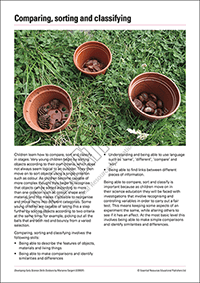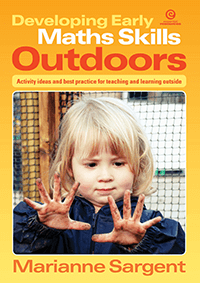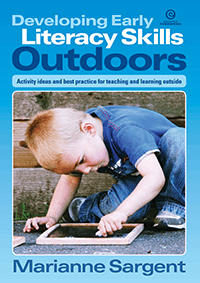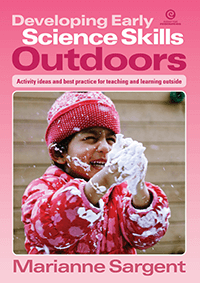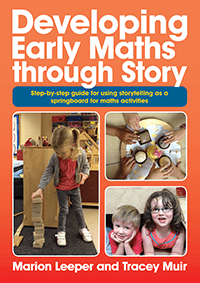
Free PDF to develop early years science skills outdoors
Activity ideas and best practice for outdoor teaching and learning
The outdoor environment facilitates active and physical exploration of the world, where children learn and use language to make sense of what they encounter. Early Science: Compare, sort and classify uses fresh ideas to enrich outdoor learning experiences.
Looking for more outdoor science, literacy and mathematics ideas like this? Check out Developing Early Skills Outdoors.
|
NZD incl GST
|
Add to cart | |
| or more | each |
